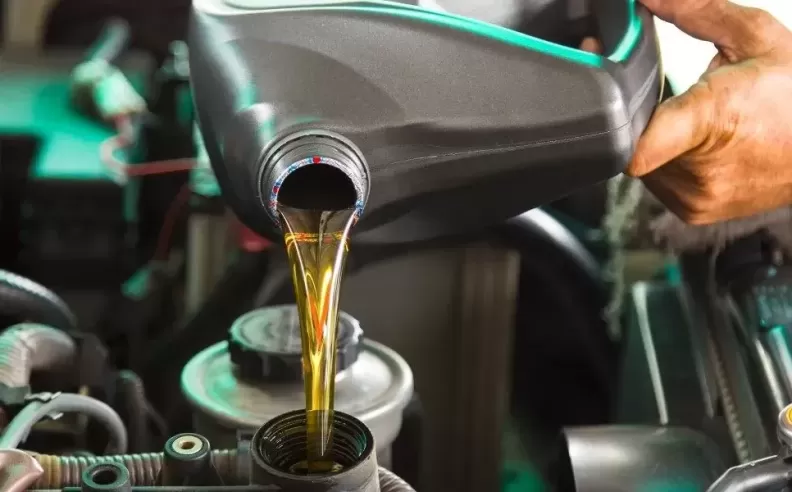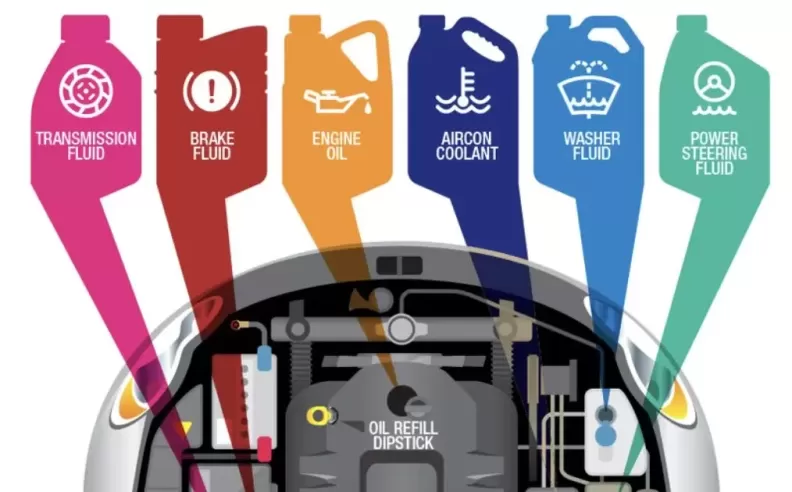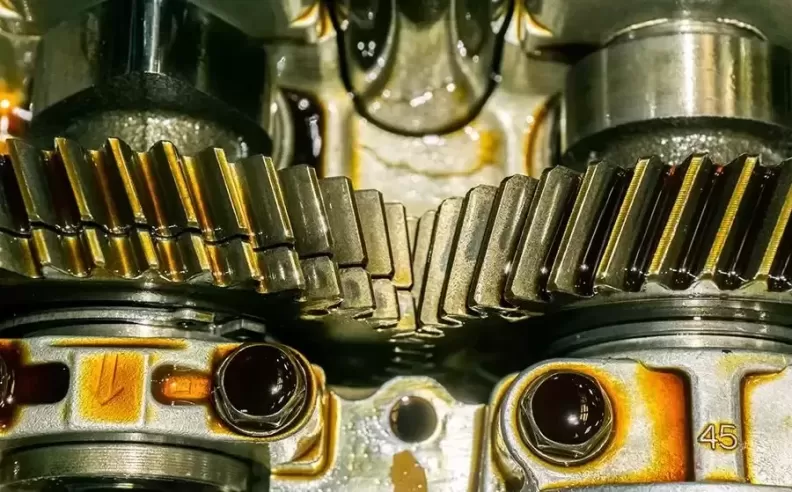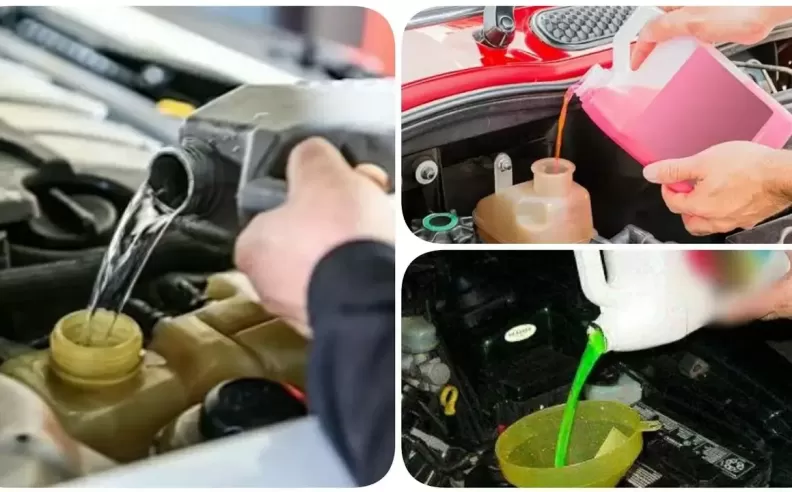
Lubrication is the unsung hero of the automotive world. While we often marvel at the sleek designs, powerful engines, and cutting-edge technology that define modern vehicles, it's easy to overlook the vital role that lubrication plays in keeping our cars running smoothly. In this article, we will explore the critical role of lubrication in vehicles and why it is the lifeblood that keeps our automobiles functioning at their best.

Lubrication in vehicles serves a fundamental purpose: reducing friction between moving parts. Friction is a natural consequence of mechanical motion and can lead to wear and tear. Without proper lubrication, the friction between metal components in the engine, transmission, and other vital systems can cause excessive heat, leading to premature component failure and reduced efficiency.
Engine Oil: The most well-known lubrication point in a vehicle is the engine. Engine oil not only reduces friction between the moving parts within the engine but also helps to dissipate heat and prevent the accumulation of harmful deposits. Regular oil changes are a vital part of vehicle maintenance, ensuring that the engine functions optimally.
Transmission Fluid: In automatic transmissions, transmission fluid is essential for smooth gear shifts and reduced wear on the transmission's components. In manual transmissions, gear oil performs a similar role, preventing grinding and ensuring seamless gear changes.
Axle and Differential Fluid: Axle and differential fluids lubricate the gears in the vehicle's axles and differentials. This lubrication is crucial for smooth and reliable power transmission from the engine to the wheels.
Grease: Many parts of a vehicle require grease for proper lubrication, including wheel bearings, suspension components, and steering linkages. Grease provides a thick, long-lasting lubrication that can withstand heavy loads and high temperatures.
Brake Fluid: While primarily used in the brake system to transmit force, brake fluid also serves as a lubricant within the hydraulic components, ensuring that they function efficiently and safely.

Extended Lifespan: Adequate lubrication reduces friction, which, in turn, minimizes wear and tear on critical components. This results in a longer lifespan for the vehicle and its parts.
Improved Fuel Efficiency: Reduced friction leads to less energy wasted as heat. As a result, the engine operates more efficiently, improving fuel economy.
Smoother Performance: Properly lubricated parts move smoothly, resulting in a quieter, smoother ride. This also enhances overall driving comfort.
Reduced Maintenance Costs: Regular maintenance of lubrication systems is typically less expensive than repairing or replacing damaged components. A well-lubricated vehicle is less likely to experience breakdowns and costly repairs.
Enhanced Safety: Inadequate lubrication can lead to component failures, compromising the vehicle's safety. Proper lubrication ensures that all systems function as they should.
Lubrication is the unsung hero that keeps our vehicles running smoothly and efficiently. While it may not be as visually captivating as a sleek design or a powerful engine, it plays a critical role in the longevity and performance of our cars. Proper lubrication not only extends the life of the vehicle but also improves fuel efficiency, ensures a smoother ride, and enhances safety. So, the next time you take your car for a spin, remember that behind the wheel, there's a complex network of moving parts that rely on the right lubrication to keep you moving forward.

Wael is an automotive content writer specializes in creating written content for Motor 283. Producing a wide range of content, including blog posts, articles, product descriptions, reviews, and technical guides related to cars, trucks, motorcycles, and other vehicles, with an unprecedented passion for cars, and motorcycles.
